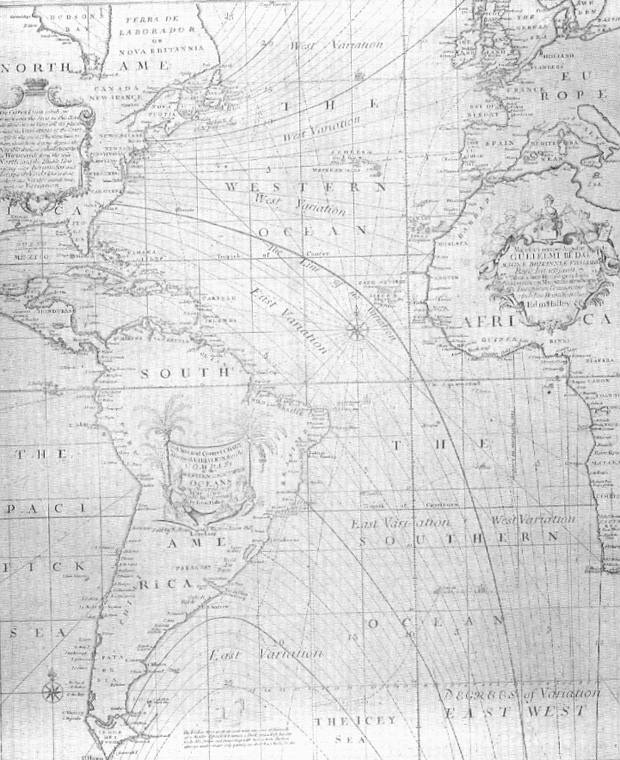Secondary Source
This navigational instrument led to advances in trade, military might, and science
By JOHN VARDALAS 8 November 2013
Inhospitable as it can be, the sea has played an essential role in human history, and so did that indispensable navigation tool, the magnetic compass. The sea provided the cheapest way to move goods over great distances, generating wealth through trade. Navigating the oceans successfully also played a pivotal role for many countries in gaining political and military power. Along the way, the compass contributed to innovations in physics and electrical engineering.
Far from the sight of land, the sea is a seemingly endless, undifferentiated expanse. For most of history, getting lost at sea was a very real danger, often with disastrous consequences. Even when close to land, seafarers can become disoriented in bad weather. For ancient Greek and Roman sailors, weather conditions even limited visibility enough to shorten the sailing season in the Mediterranean Sea. The Roman military writer Publius Flavius Vegetius wrote in the fourth century that travel from June to mid-September was safe, but that sailing any other time was risky. He called the period between mid-November and mid-March mare clausum, or the time when “the seas are closed.” …

